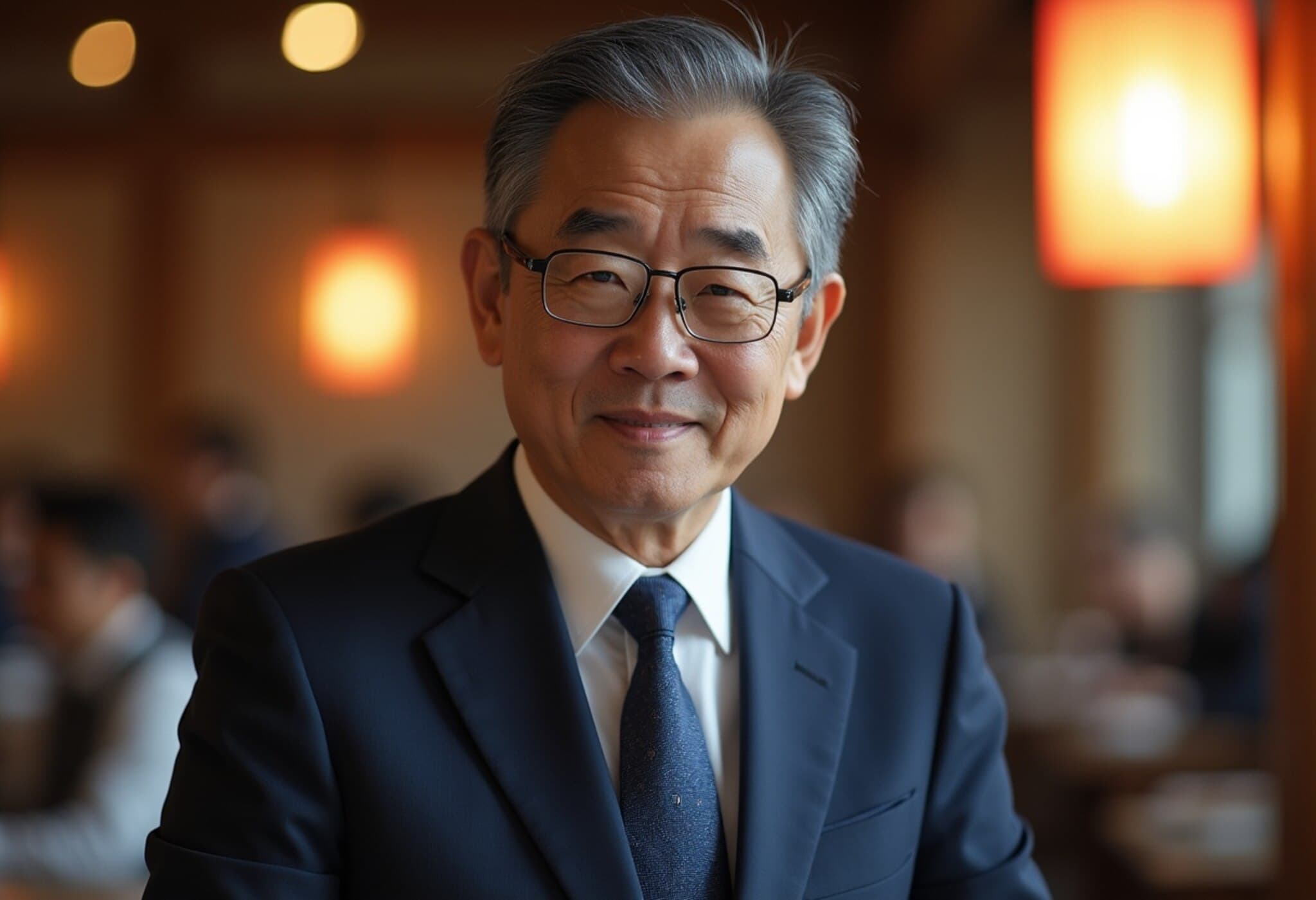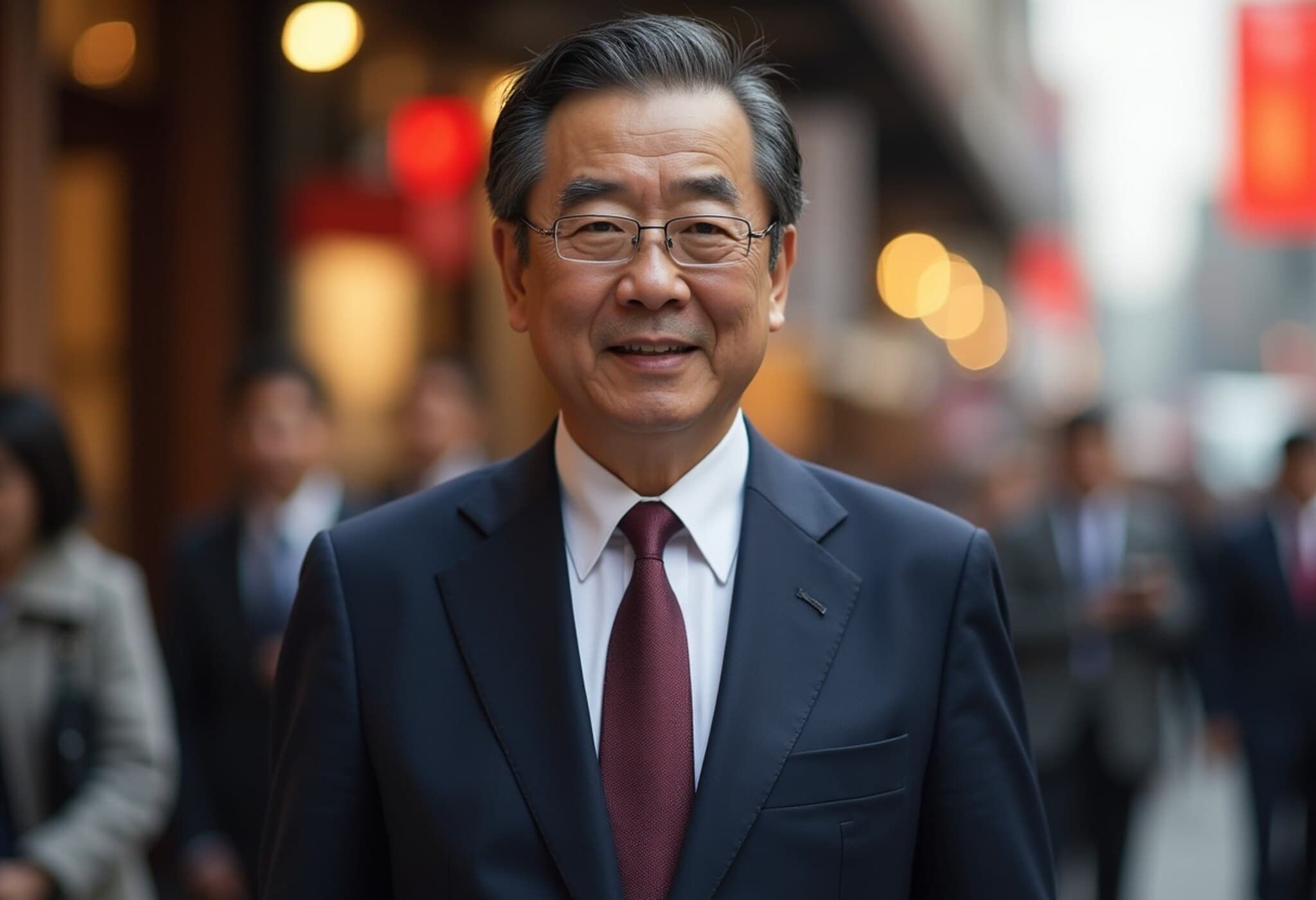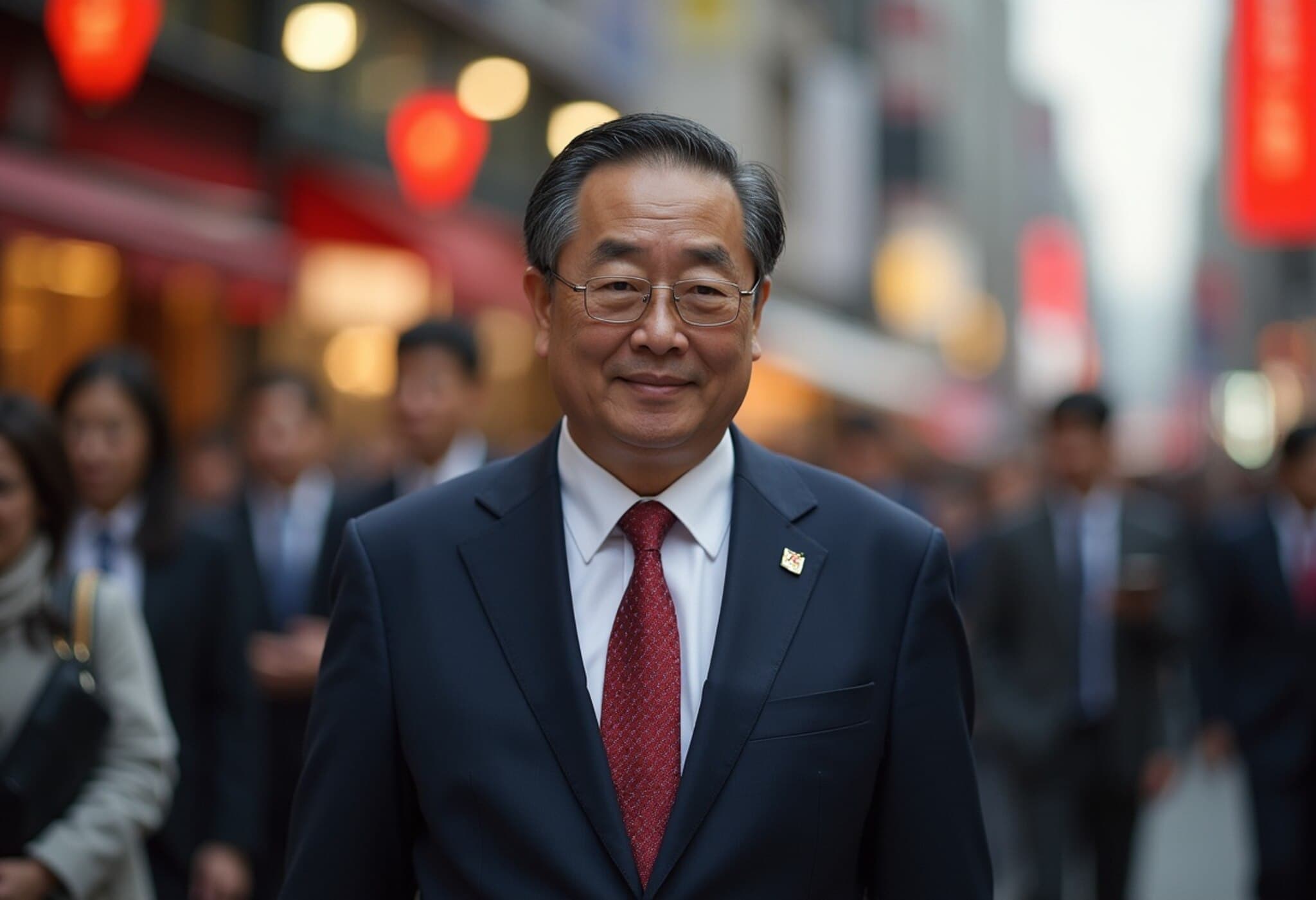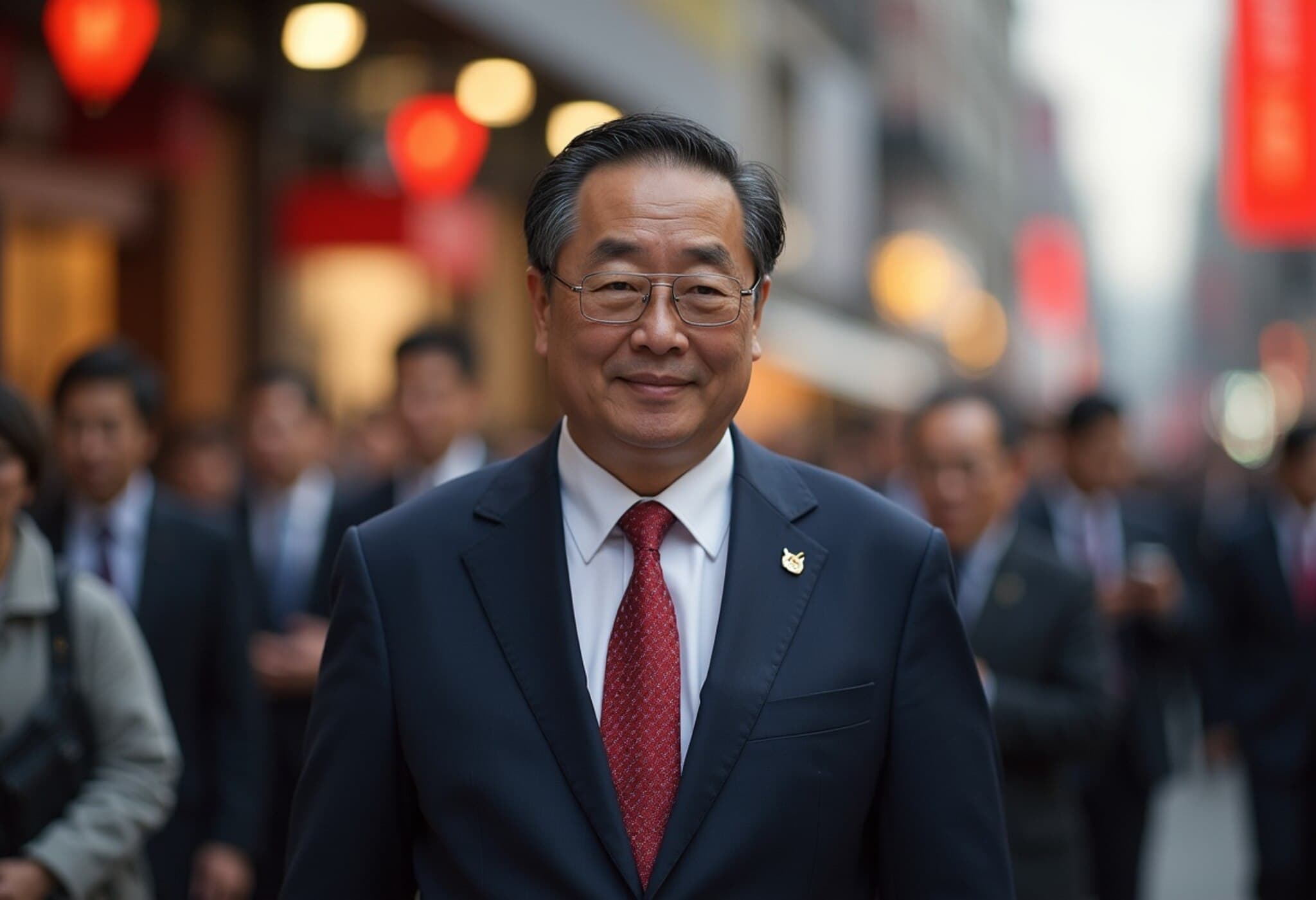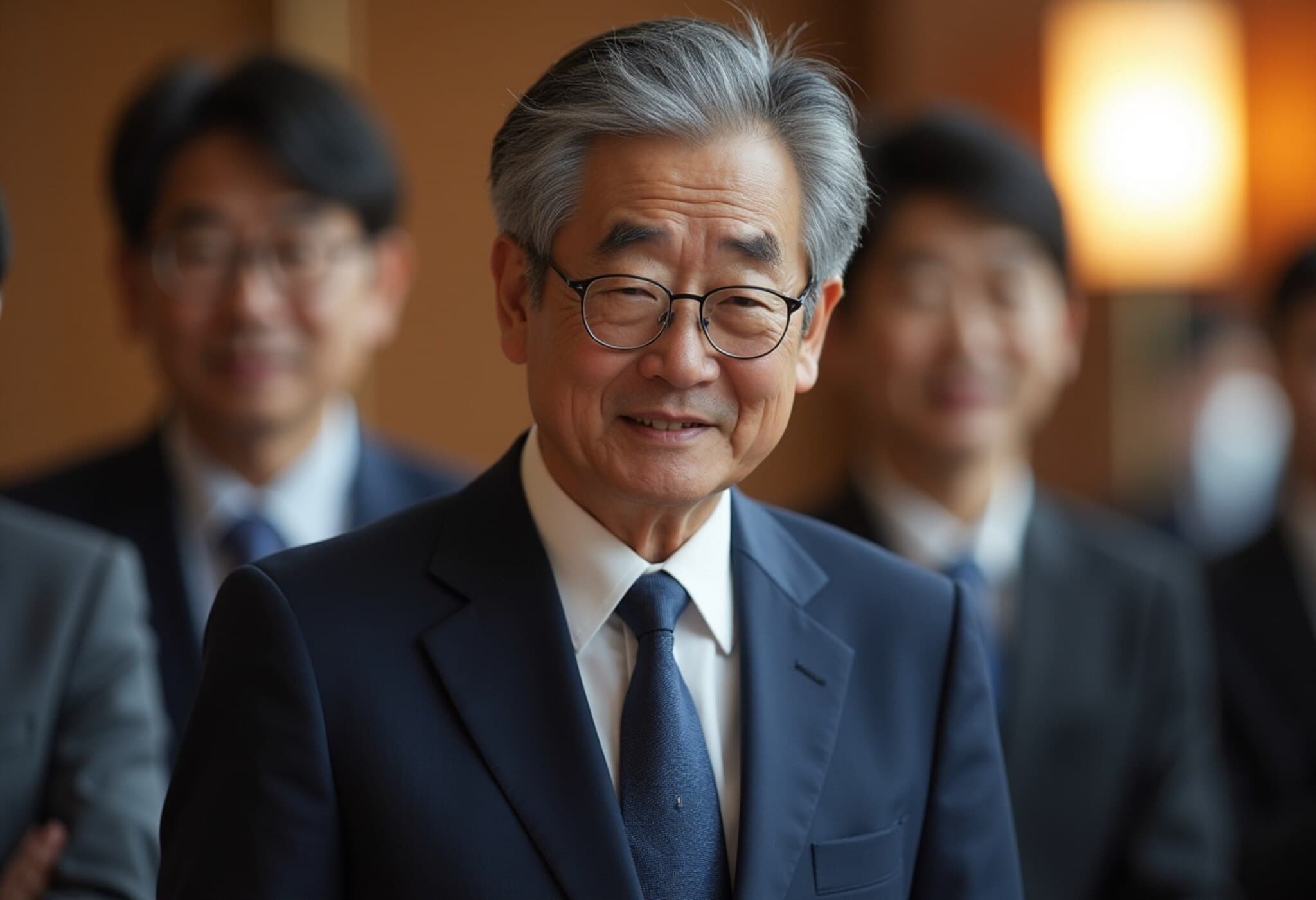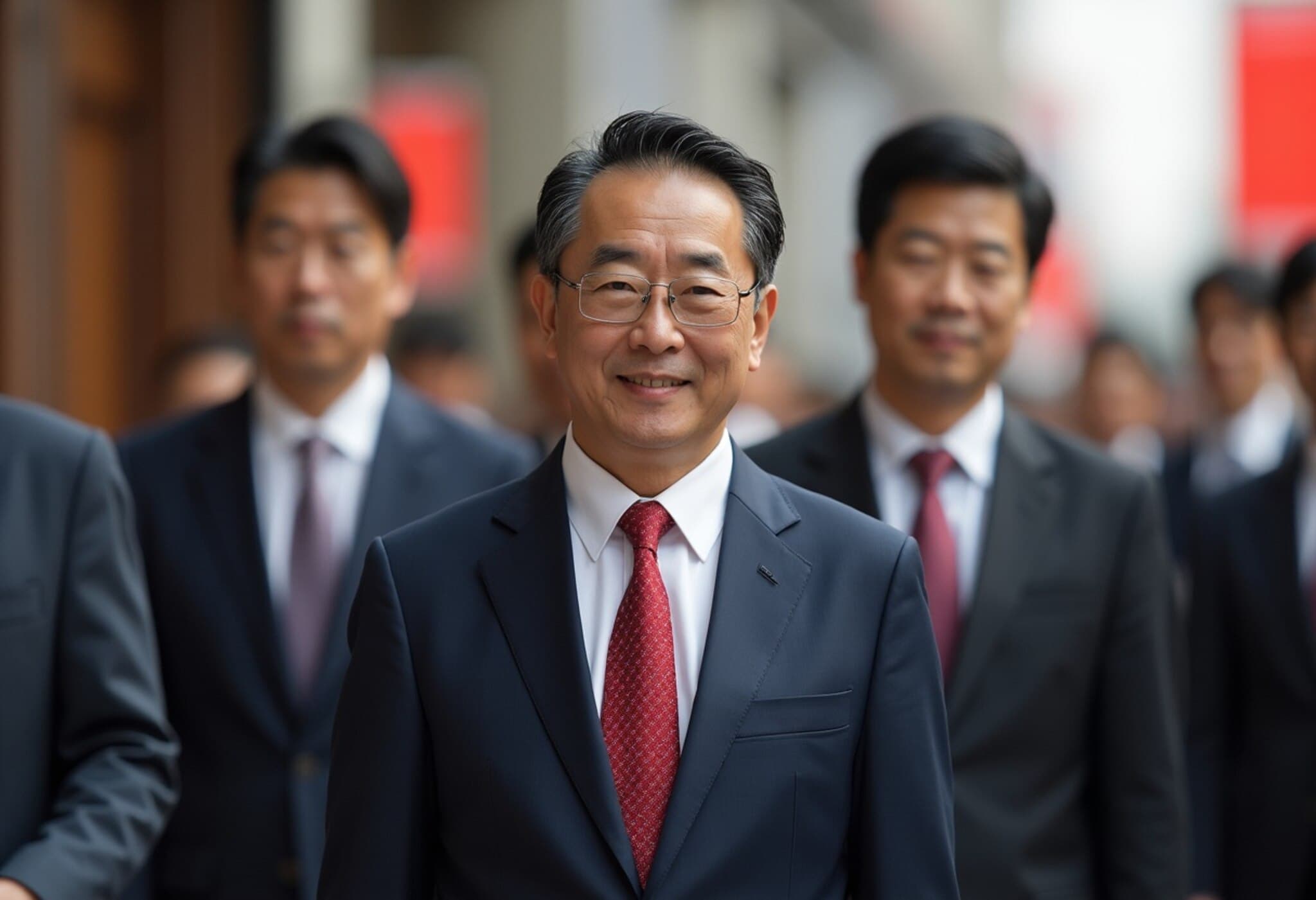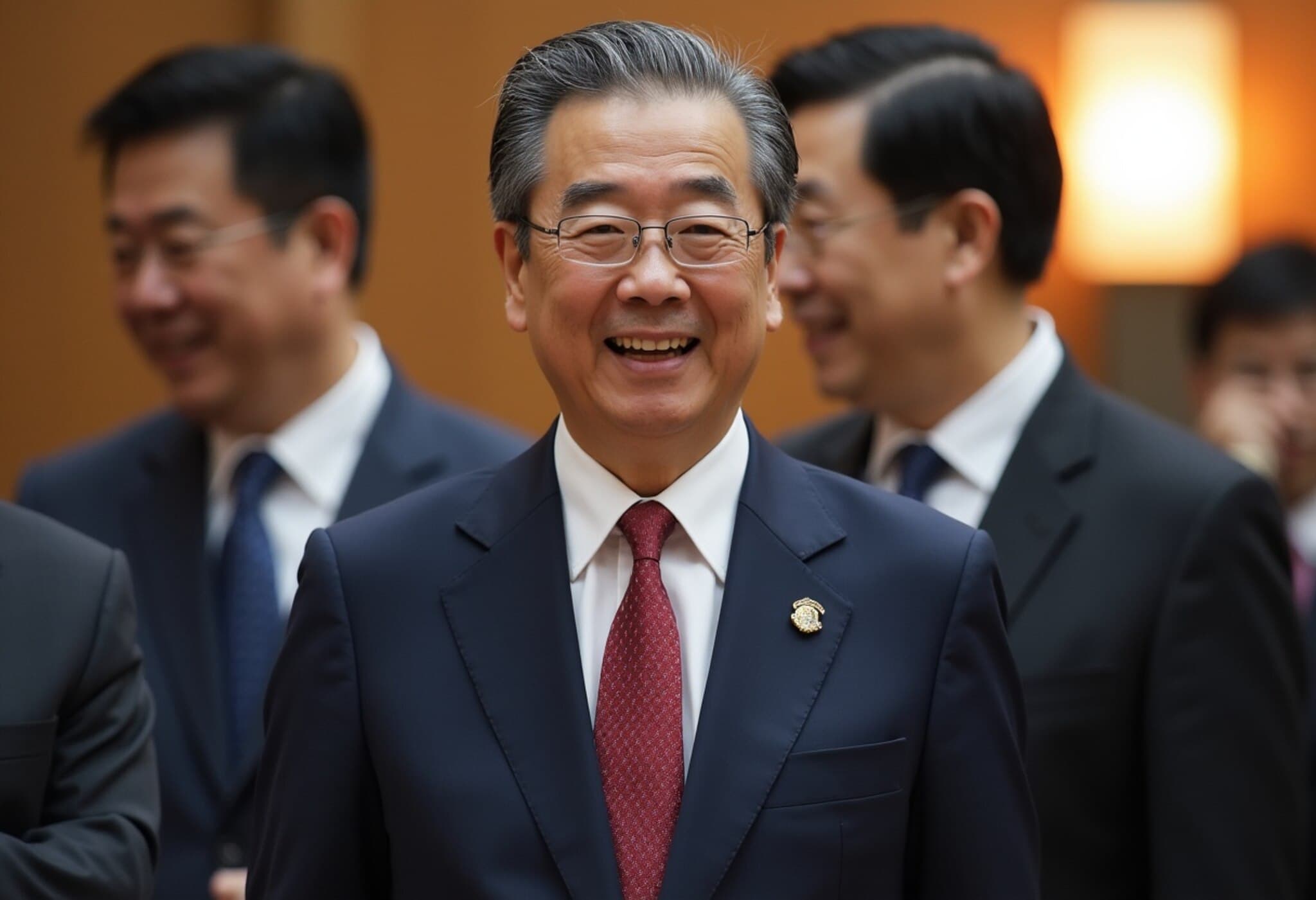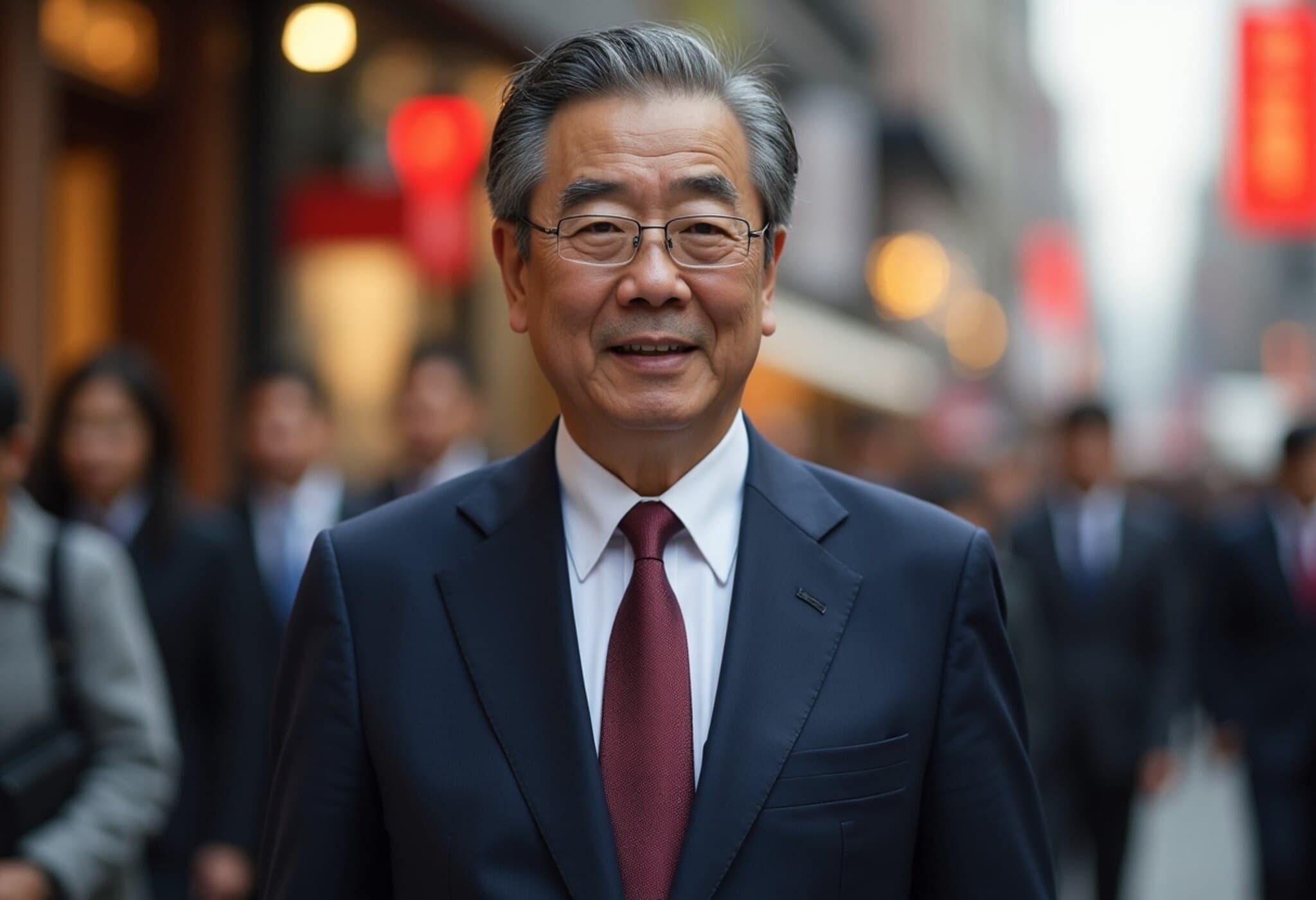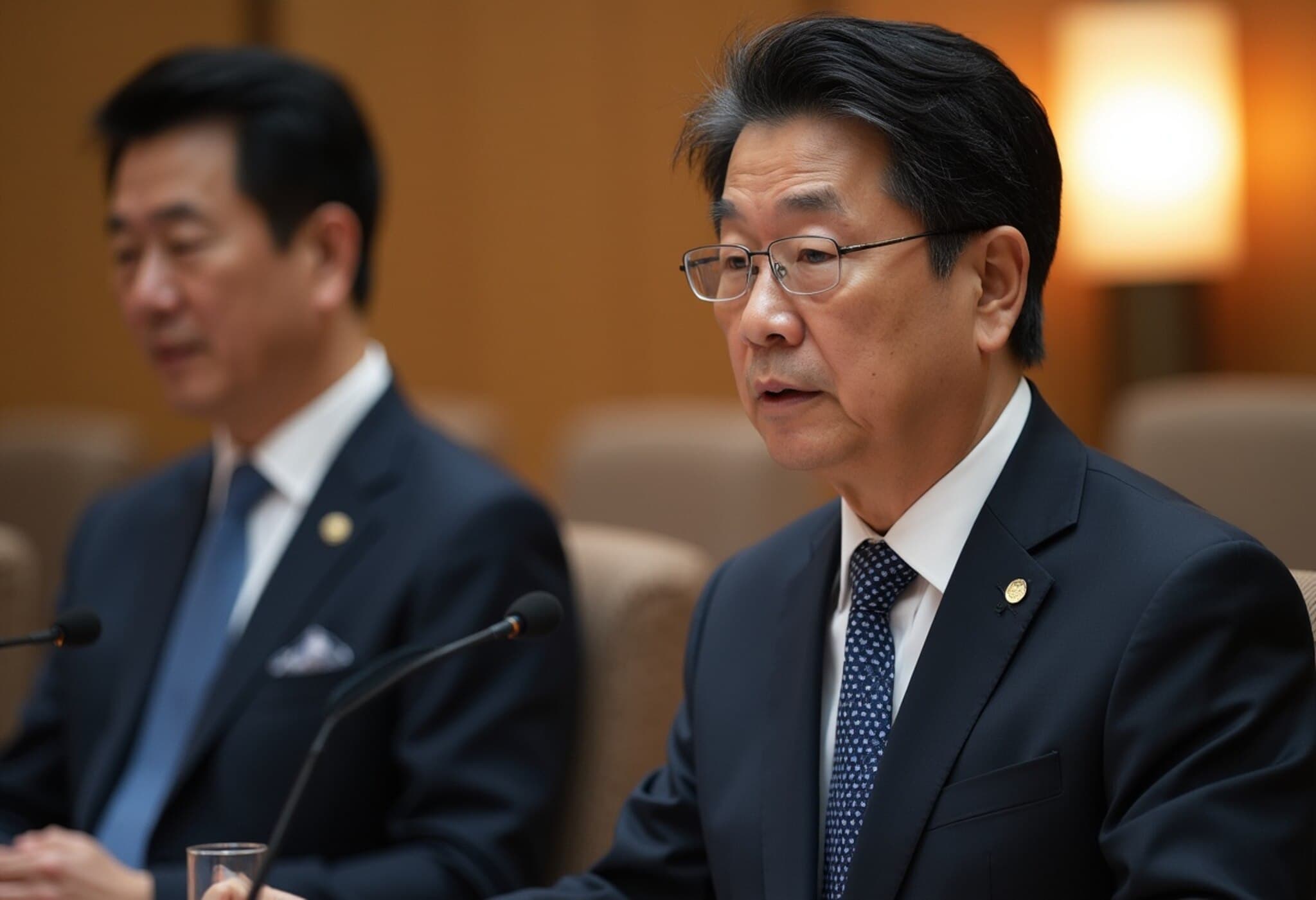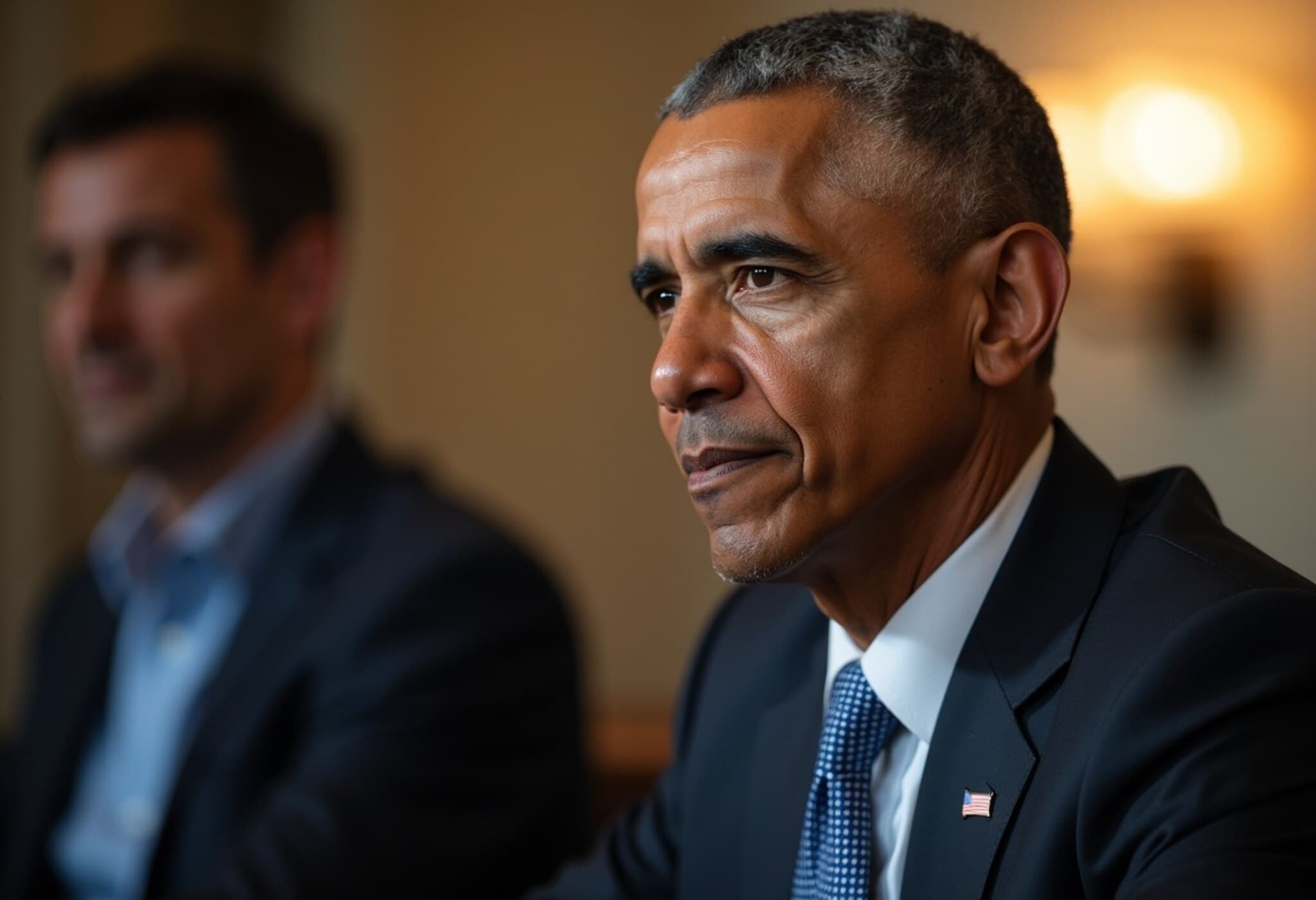Japan's Prime Minister Shigeru Ishiba Set to Resign Following Historic US Trade Agreement
In a significant development shaking Tokyo's political landscape, Japanese Prime Minister Shigeru Ishiba is reportedly preparing to step down from his position by August. This announcement comes on the heels of an unprecedented trade deal between Japan and the United States, a pact that could reshape economic relations between the two powerful allies.
Unpacking the Landmark US-Japan Trade Deal
On Tuesday, President Donald Trump took to his social platform Truth Social to announce a “massive” trade agreement with Japan. Under the new terms, Japan agreed to impose 15% reciprocal tariffs on goods exported to the US and to invest a striking $550 billion in the American economy. The deal, brokered amid tense global trade dynamics, aims to balance bilateral trade disparities and strengthen economic ties.
The negotiations, led by Japan's top trade envoy Ryosei Akazawa in Washington, have captivated international attention due to their scale and strategic implications. Analysts suggest this deal not only affects tariffs but signals a deeper geopolitical cooperation amid rising global competition.
Political Turbulence Within Japan’s Ruling Party
Despite this diplomatic milestone, Ishiba’s tenure has been marred by internal dissent within the ruling Liberal Democratic Party (LDP). Following a severe defeat in Sunday’s upper house election, the prime minister faced mounting pressure to take responsibility and reconsider his leadership role.
According to reports by Japan’s Mainichi and Yomiuri newspapers, Ishiba confided to close aides that he intends to formally explain his resignation after ensuring the trade deal's implementation. This careful timing underscores his desire to avoid plunging Japan into political instability, especially when the nation grapples with an export-driven economy vulnerable to international tariffs.
Ishiba's Balancing Act: Leadership Amid Challenges
Earlier, Ishiba had expressed his commitment to remain in office despite electoral setbacks, highlighting the necessity to navigate the country through complex economic challenges rather than precipitate a leadership vacuum. During a critical press briefing, he stated emphatically, “I will stay in office and do everything in my power to chart a path toward resolving these challenges.”
Experts observe that Ishiba’s cautious approach mirrors Japan’s broader struggle to maintain political continuity while responding assertively to shifting global trade policies. The decisions made in this juncture could profoundly impact Japan’s export markets, industrial sectors, and economic growth trajectory.
What Lies Ahead: Political and Economic Implications
- Domestic Politics: Ishiba’s planned resignation will prompt the LDP to expedite leadership succession planning amid a fragile parliamentary majority.
- Economic Outlook: The trade deal's implementation will be closely monitored for its tangible effects on US-Japan trade flows and investment patterns.
- Geopolitical Ramifications: Strengthened US-Japan cooperation could influence regional trade dynamics in East Asia, affecting relationships with China and South Korea.
As Japan prepares for a leadership transition, stakeholders worldwide are watching how this historic agreement and political shift will influence the geopolitical and economic balance in the Indo-Pacific region.
Editor's Note
The intersection of international diplomacy and domestic politics often reveals the complex human element behind headline-making deals. Prime Minister Ishiba’s decision to resign only after securing the trade pact reflects a deep sense of responsibility to both his nation and global partners. Yet, it raises critical questions about leadership stability in times of economic uncertainty and shifting geopolitical alliances. For readers tracking international trade and governance, this development highlights the nuanced balancing act leaders must perform in an increasingly interconnected world.

